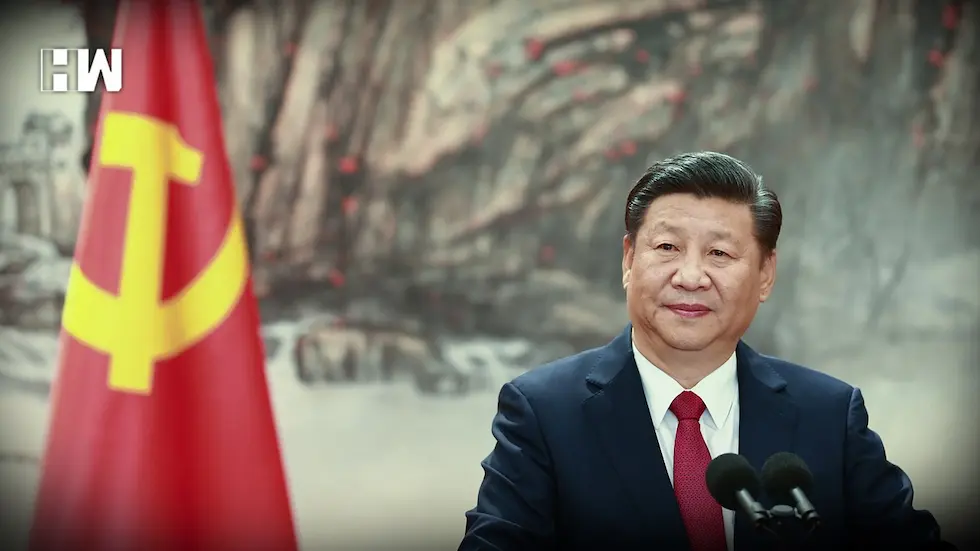
Xi Jinping’s recent delegation of authority and absence from key summits has ignited speculation of a looming retirement
A Subtle Shift: The Move That Sparked Retirement Rumours
In a political system known for opacity and ironclad control, even the smallest deviation can send shockwaves. That’s exactly what happened when Chinese President Xi Jinping, long considered a “leader for life,” presided over a June 30 Politburo meeting that introduced sweeping new regulations to standardize the operations of key Communist Party institutions.
The move, while bureaucratic on the surface, was interpreted by analysts as a strategic delegation of authority a first in Xi’s 13-year rule. The regulations emphasized that decision-making and coordination should now be more evenly distributed across party bodies, reducing the burden on a single leader.
Adding fuel to the fire, Xi skipped the 2025 BRICS Summit in Rio de Janeiro, marking the first time he has missed the annual gathering since becoming president. His absence, coupled with a two-week disappearance from public view in May, has only intensified speculation that the Chinese strongman may be preparing for a carefully orchestrated power transition.
Reading Between the Lines: Power Transition or Tactical Recalibration?
While some observers see these developments as signs of an impending retirement, others argue that Xi is simply recalibrating his leadership style. According to Victor Shih, a China politics expert at the University of California San Diego, Xi may be stepping back from day-to-day governance to focus on larger strategic issues, necessitating a more autonomous party apparatus.
This theory aligns with Xi’s broader governance philosophy. Since taking power in 2012, he has centralized authority, dismantled rival factions, and embedded his ideology “Xi Jinping Thought” into the party constitution. Now, with China facing economic headwinds, geopolitical tensions, and internal dissent, Xi may be seeking to institutionalize his legacy while ensuring continuity.
Still, the timing is curious. The new CPC regulations come amid a backdrop of:
- Sluggish economic growth and a real estate crisis
- Rising youth unemployment
- Renewed trade tensions with the United States
- A decline in foreign investment and global trust
In this context, a controlled transition could serve multiple purposes: preserving party stability, deflecting criticism, and preparing a successor without appearing weak.
Global Stakes: Why Xi’s Next Move Matters to the World
Whether Xi Jinping is preparing to retire or merely shifting gears, the implications are profound not just for China, but for the global order.
1. Domestic Power Dynamics
If Xi is indeed planning a transition, the question of succession looms large. No clear heir has been groomed publicly, and any shift could trigger factional rivalries within the Communist Party. A misstep could destabilize the very system Xi has spent over a decade consolidating.
2. Geopolitical Repercussions
Xi’s leadership has defined China’s assertive foreign policy from the Belt and Road Initiative to military posturing in the South China Sea. A new leader could recalibrate China’s global ambitions, impacting everything from U.S.-China relations to regional security in Asia.
3. Economic Uncertainty
Markets are watching closely. Xi’s policies have shaped China’s economic trajectory, including its tech crackdown, zero-COVID strategy, and state-led industrial policy. A leadership change could either reinvigorate investor confidence or deepen uncertainty, depending on how it’s managed.
Stay updated with the latest news on Rapido Updates. Keep yourself updated with The World, India News, Entertainment, Market, Automobile, Gadgets, Sports, and many more